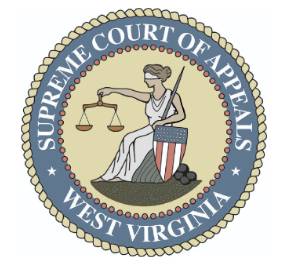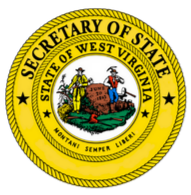West Virginia Press Association
CHARLESTON, W.Va. – The Supreme Court of Appeals of West Virginia will hear an argument docket at Kanawha County’s Herbert Hoover High School on Wednesday, March 13, as part of its Legal Advancement for West Virginia Students (LAWS) civics education program.
For LAWS, the Supreme Court hears an argument docket outside of Charleston either at a county courthouse or a school auditorium, and high school students from that county – and sometimes from nearby counties and local colleges – attend.
On March 13, students from Herbert Hoover High School, Capital High School, Roane County High School, and Sissonville High School have been invited. The media also is invited to attend.
Prior to oral arguments, local attorneys will visit those schools to explain the appellate process and to help students study the cases. On the day of the court visit, students have an opportunity to talk to the attorneys who argued each case immediately after that argument concludes.
Since LAWS was established in 1999, more than 7,000 students from 37 counties have participated. This is the second time students from Kanawha and Roane Counties have been invited to attend.
“Our Supreme Court always looks forward to the LAWS program because it is important to us that West Virginia’s students understand how their government and court systems work,” said Chief Justice Tim Armstead. “We hope that seeing our court hear arguments in actual appellate cases will emphasize how important the rule of law is in our society and inspire some students to pursue a career in the legal field or in public service.”
The argument docket will begin at 10 a.m. and end around 1:30 p.m. During a break at 11:50 a.m., all students will have an opportunity talk with the justices during lunch at the school.
The cases on the docket are as follows:
- Sandy K. Hayes v. Kanawha Valley Regional Transportation Authority, a political subdivision, and John Doe, an employee of Kanawha Valley Regional Transportation Authority, No. 22-0207.
- Tony Paletta v. Nelson Phillips, III; Nathan Phillips; Robert Nelson Phillips, II; and West Virginia Department of Transportation, Division of Highways, No. 22- 0380.
- Hansen-Gier Family Trust v. R. Michael Haywood and Joann T. Haywood, No. 22-0422.
- Todd Kent, Mark Spessert, Christopher Kutcher, City of Charles Town, Bradley Meacham, Glenna Hosby-Brown, William Roper, and City of Ranson v. Christopher Sullivan, No. 22-0428.
The first case is a Rule 20 argument and the last three are Rule 19 arguments. The numbers refer to the Rules of Appellate Procedure.
Cases set for Rule 20 arguments involve issues of first impression or of fundamental public importance; constitutional questions regarding the validity of a statute, municipal ordinance, or court ruling; and cases involving inconsistencies or conflicts among the decisions of lower tribunals.
Cases suitable for Rule 19 argument include but are not limited to (1) cases involving assignments of error in the application of settled law, (2) cases claiming an unsustainable exercise of discretion where the law governing that discretion is settled, (3) cases claiming insufficient evidence or a result against the weight of the evidence, (4) cases involving a narrow issue of law, and (5) cases in which a hearing is required by law.





